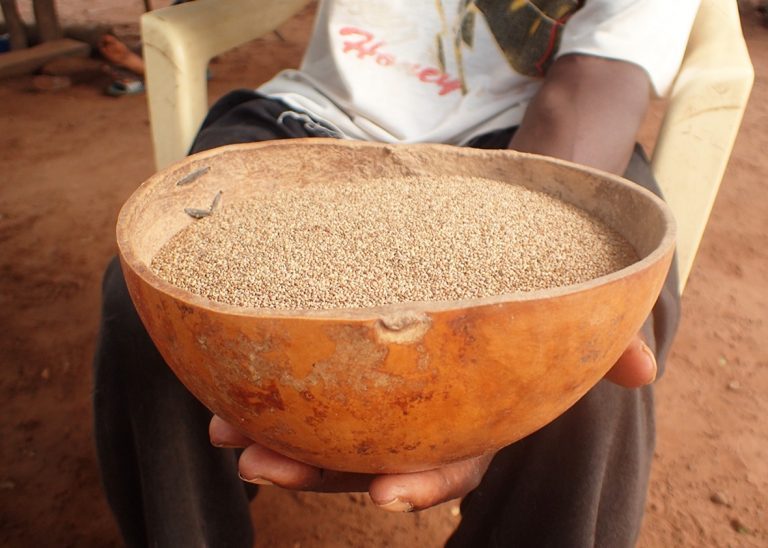Did you know diabetes is on the rise in Africa? According to a report by the World Health Organization poor diet and lack of exercise are a major contributor. In Africa, the diabetes numbers have greatly increased which may be due to better personal income vs poor public spending. Although the rate of diabetes in Africa remains low compared to other continents, the numbers are worrying and something need to be done. According to the International Diabetes Federation, an estimated two thirds of people with diabetes in Africa are undiagnosed.

Diabetes Prevalence in Some African Countries

Many experts argue that managing diabetes is almost impossible, but we disagree with their arguments. Science has proven that diabetes and obesity can be preventable and reversible by making lifestyle changes. Food is the most common cause of diabetes, that’s why you should always watch what you consume. Diabetes affects your body for the ability to use or produce insulin (an important hormone that allows your body to turn sugar into energy). Learning the major symptoms that occur to your body when diabetes takes effect it essential.
African Superfood to Eat to Fight Diabetes
Food is medicine and has been used by many African communities to cure health problems. Here are 5 African superfoods that have been proven to have amazing effect in preventing and reversing diabetes.
Fonio

Fonio is a type of grain commonly grown in West African countries such as Mali. This special grain is one of the oldest cereals in Africa and has been cultivated for thousands of years. Fonio is one of the world’s most nutritious grains rich in amino acids essential to health which are often lacking in other commonly consumed cereals such as rice, wheat, rye and maize.
This miracle grain is diabetic friendly because it has low glycemic index – meaning it is slowly absorbed in the body and its effect on blood sugar is gradual. Fonio is also an excellent source of calcium, Phosphorous, Magnesium, Vitamin B2 (Riboflavin), Zinc, iron, folic acid and Vitamin B1 (Thiamine).
Moringa

Moringa has been used by people suffering from diabetes and those with hypertension issues with amazing results. It’s definitely an African superfood that is rich in nutrients to help maintain healthier blood pressure levels and acts as a nutrition support for diabetics. Moringa is rich in Vitamin C which helps support the body’s production of nitric oxide, which in turn aids the normal functioning of blood vessels, and which may prevent the development of diabetic cataract.
When you consume Moringa, you benefit from Vitamin A an antioxidant which may reduce the risk of blindness caused by diabetes. This African superfood is a good source of Vitamin B which is associated with effective treatment of diabetic neuropathy. In addition, Moringa leaves has 90 + nutrients & 46 antioxidants, all which aid in promoting health and wellness.
Tamarind

Another amazing African superfood which is diabetes friendly and has been used historically for various medicinal purposes including healing sore throats, aiding digestion, healing stomachaches, fighting against inflammation & rheumatism and bring down fevers. Tamarind assists to fight diabetes.
According to a study, tamarind seed extract underwent examination to see if it increase glucose uptake in such patients. The fruit actually showed to have an anti-diabetic effect, indicating the possibility of formulating a new tamarind seed extract-based herbal supplement for diabetes patients to use. Tamarind extracts have been proven to be antioxidant, wound healing, anti-venom, antimicrobial and effective against diabetes.
Baobab

Baobab is definitely an African superfood that can help control blood sugar levels. Baobab is a fruit from the African Baobab Tree also known as the ‘Tree of Life.’ The fruit is rich in soluble fibre and polyphenols which are known to help reduce glycemic response. By slowing down the glycemic response of simple carbs, the baobab fruit powder effectively help in the management of Type 2 diabetes and obesity.
African Indigenous Vegetables

African traditional vegetable such as African nightshade, amaranth leaves and spider plant are rich in protein, calcium, vitamin A, folate, Vitamin C, iron and Vitamin E. These African vegetables are full of antioxidants which clean your system and make you less vulnerable to lifestyle diseases such as diabetes.

